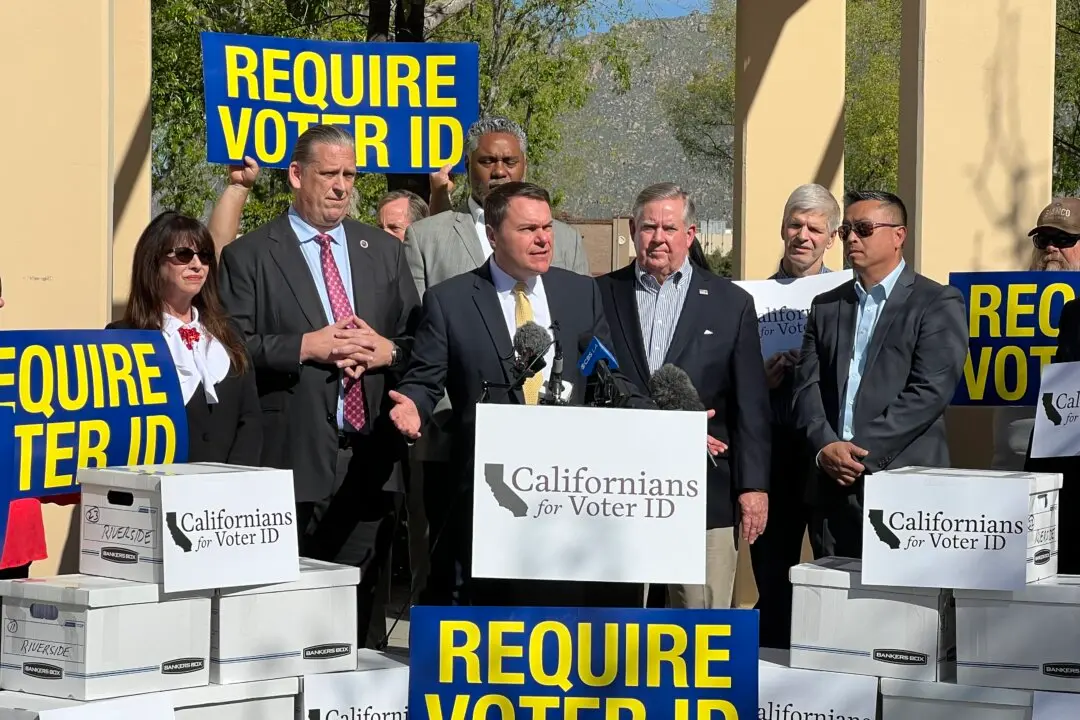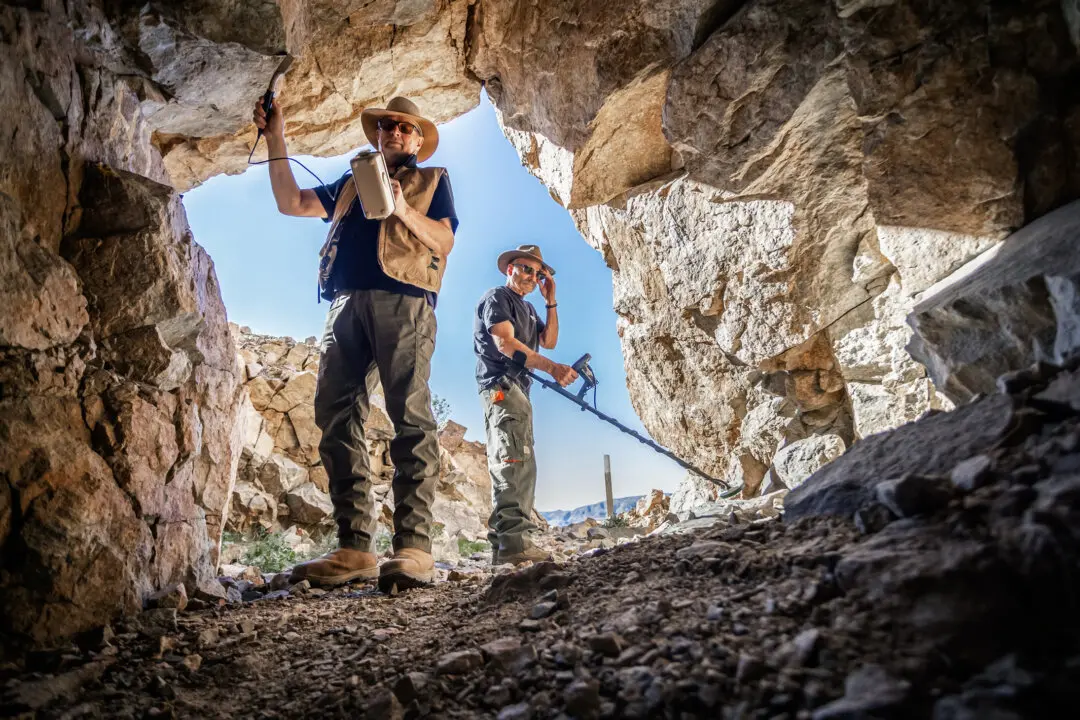California’s reparations task force has met for the first time to begin the two-year process of drafting an apology to the descendants of African American slaves and exploring ways the state might compensate them.
The Task Force to Study and Develop Reparation Proposals for African Americans elected international civil rights attorney Kamilah Moore to chair its nine-member executive board.





